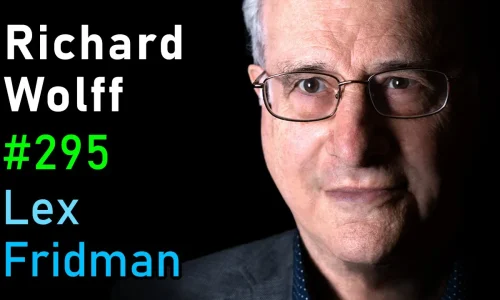See all Lex Fridman transcripts on Youtube

Richard Wolff: Marxism and Communism | Lex Fridman Podcast #295
2 hours 53 minutes 51 seconds
🇬🇧 English

Omnivision Solutions Ltd
- Getting Started
- Create Transcript
- Pricing
- FAQs
- Recent Transcriptions
- Roadmap

2 hours 53 minutes 51 seconds
🇬🇧 English

Omnivision Solutions Ltd